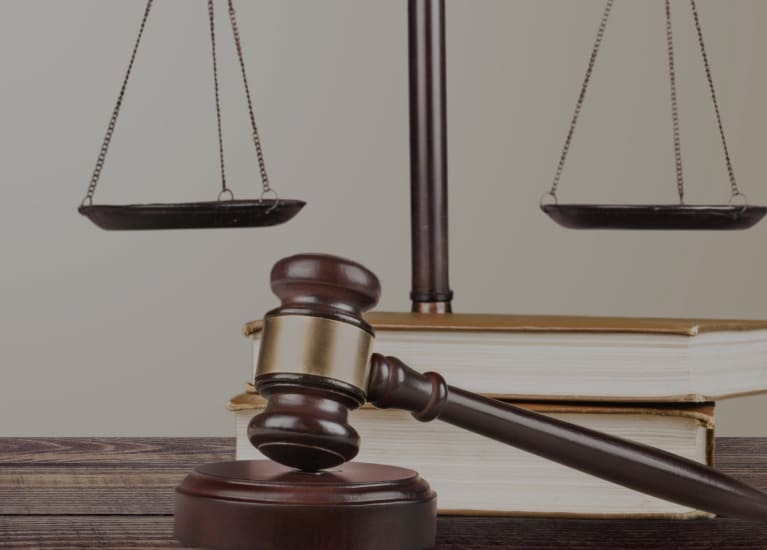
A vacation home or investment property is wonderful to have but add layers of complexity to estate planning. There are several scenarios (like type of ownership) that demand specific estate planning tools.
Following the advice of an experienced estate planning attorneys, particularly one familiar with the Illinois Probate Act, ensures that the estate plan developed for your assets is correctly configured to avoid issues for your family. They will know which tools work best with multi-state properties. A significant benefit of a well-crafted and legally enforceable estate plan is avoiding probate in multiple jurisdictions.
Probate Concerns Drive Planning
Owning property in several states does not mean you need an estate plan for each. One comprehensive estate plan can cover your assets in multiple locations, but it should be carefully crafted with knowledge of each state’s ownership and probate laws.
Probate is the court division that handles wills and the properties of people who die. In the absence of a will, the state’s intestacy laws guide the court’s division of property among heirs. But there are planning tools that keep assets from the probate process by passing them directly to heirs. These save time, money, and stress.
Tools for bypassing probate include:
Payable upon Death or Beneficiary assignments. When you take the simple step of naming beneficiaries for insurance policies, investment accounts, and death benefits, your heirs receive the proceeds quickly and without probate fees. This can be as simple as finding the beneficiary form on your account, filling in the necessary information, including the person’s birthdate and social security number, and mailing it to the company.
Co-ownership on property deeds. Married couples should consider amending the deed to their shared property to reflect a form of co-ownership that bypasses probate court upon the death of their partner. Called Joint Tenancy with Rights of Survivorship, this designation codifies the co-ownership on the deed, allowing the property to be immediately owned by the surviving spouse upon the death of the other. The documents must be signed, witnessed, and recorded at the county deed office to be legally enforceable. Some people have concerns about this co-ownership opening the property to claims by creditors, including Medicaid; consult your estate planner for information on how laws apply in your state.

Irrevocable trusts. These are estate instruments that take ownership of assets like investment accounts, vacation properties, and businesses. By assigning ownership to the trust and designating a trustee and beneficiaries, an individual is able to pass assets to their heirs privately and without the involvement of probate. Most have a five-year “lookback” period that, once surpassed, keeps Medicaid from claiming any of the assets in the trust.
Living (revocable) trusts. Similar to irrevocable trusts, this tool takes ownership of assets but allows the individual to manipulate them, including spending funds from accounts and selling property. Property deeds must reflect the trust’s ownership. A living trust becomes irrevocable when the principal dies, allowing the assets to be inherited according to the principal’s wishes (established in the trust documents).
Wills. By themselves, wills do not evade the probate process. But in a package of estate documents that are coordinated there is less for a probate court to examine, and therefore a faster process.
It’s important to know that out-of-state residents who own property in Illinois will be subject to an Ancillary Probate Process. This means that the estate executor or trustee of the estate must file with Illinois probate in the county where the principal’s property was located. It’s because each state determines how property transfers are handled within their jurisdiction.
How to Streamline the Estate Process
An experienced estate planning professional from Legacy & Life Law can make the process of a comprehensive estate plan as seamless as possible. They will provide options for establishing beneficiaries, trusts, and wills, applying knowledge of the probate and estate process in the states where property is owned. Call today for a free consultation.
